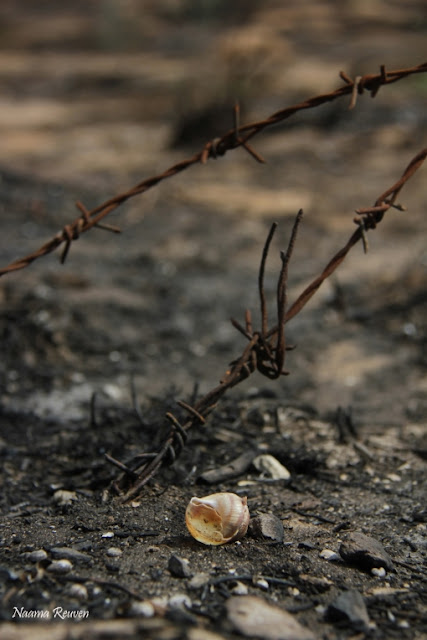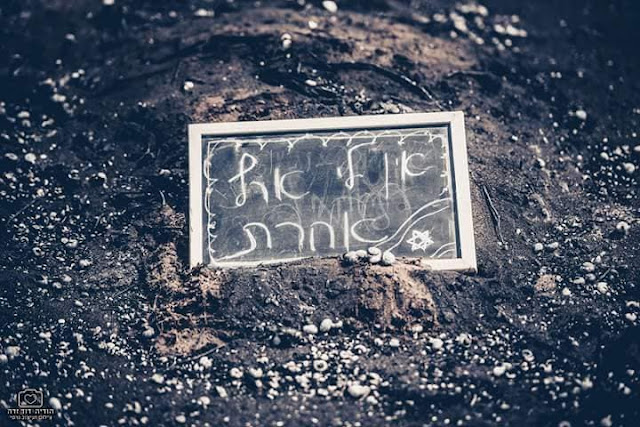Watchdog group: United Nations ignores antisemitism, de-Judaizes Holocaust
The United Nations has failed to seriously combat antisemitism and in some cases has de-Judaized the Holocaust, a Geneva watchdog group said on Monday.
UN Watch made the accusation in a report it presented at a special event at the Knesset.
Israel has long argued that the UN’s treatment of it is tantamount to antisemitism because of the body’s long record of excessively condemning Israeli actions above and beyond those of other nations.
Haley says UN could benefit from fresh set of eyes, calls out anti-Israeli bias at UN, January 19, 2017 (Reuters)
“When it comes to Jews, when it comes to Israelis, the UN has become a hostile and biased body,” said Yesh Atid head MK Yair Lapid, who chaired the Knesset event. “The organization that is meant to fight antisemitism, which is sworn to fight antisemitism, is guilty of antisemitism itself.”
The UN Watch report, presented by the group’s executive director, Hillel Neuer, said that in addition the UN has done little to tackle antisemitism even though it is tasked with combating worldwide racism, xenophobia and discrimination.
The report lauded some UN actions on antisemitism, including UNESCO’s Holocaust education program and the statements of some UN officials, including Secretary-General Antonio Guterres.
But the bulk of the report protested the failure of UN officials and relevant bodies, including outgoing High Commissioner for Human Rights Zeid Ra’ad al-Hussein, to properly address the problem of antisemitism.
Zeid did not make a “single standalone statement” in reaction to an antisemitic event during his four years in office, UN Watch said.
He also “trivialized and de-Judaized the Holocaust,” the group said.
Is the United Nations engaged in an effort to bring peace, justice and economic development to the world? Or is it a group of haters of freedom and capitalism, engaged primarily in spewing ignorance and malice toward the United States? @mhtncontrarian https://t.co/jyPGiheyb7
— Gatestone Institute (@GatestoneInst) July 10, 2018
At Jerusalem event, terror survivor recounts police capture of friend’s killers
Kay Wilson is intimately acquainted with evil. Eight years ago on a sunny December afternoon, Palestinian terrorists brutally stabbed Wilson and her friend as they hiked a trail in a picturesque forest outside Jerusalem.As Literary Award Changes Its Name to Escape Allegations of Racism, Instances of Anti-Semitism Go Unnoticed
As she helplessly watched her friend Kristine Luken be murdered with a machete, Wilson made the split-second decision to play dead — a move that would end up saving her life.
Bound, gagged and stabbed 13 times, Wilson was determined not to die deep in the woods alongside Luken where their bodies could be overlooked. Somehow, she mustered the strength to walk over a kilometer through the forest on what she calls her own personal “death march” to call for help.
Her eyewitness testimony and remnants of the killer’s DNA led to the capture of Luken’s killers. They later confessed to murdering another woman, Neta Sorek, earlier in 2010.
The extraordinary story of Wilson’s will to survive, and the subsequent police investigation was the subject of an 2018 Israeli TV documentary titled “Black Forest,” directed by Hadar Kleinman Zadok and Timna Goldstein Hattab.
The 50-minute film produced by public broadcaster Kan provided a therapeutic outlet for Wilson, who years later, is still healing from the physical and emotional trauma she suffered in the grisly attack.
Children’s literature news does not ordinarily make it into lead stories in the New York Times. Last week’s announcement by the ALSC (Association for Library Services for Children, part of the American Library Association) that it had changed the name of one of its most prestigious awards was an exception. The award formerly known as the Laura Ingalls Wilder Award has now been renamed the Children’s Literature Legacy Award. The ALSC reached this decision after months of debate about the psychological impact of racism in Wilder’s books on young readers. A broad-based movement to increase diverse and accurate representations of people of color and other marginalized groups has engulfed the world of children’s books. Wilder’s work, which undoubtedly includes insensitive and offensive material about Native Americans, had become a very visible target. Where do Jews come into this story?
Last year’s recipient of the Wilder Award was the distinguished African-American author and poet Nikki Grimes. Grimes is the author of many critically acclaimed works, including one which is distorted by the most blatant and lurid anti-Semitic tropes. At Jerusalem’s Gate: Poems of Easter accuses the Jewish people of venality, corruption, and hatred in the events surrounding the death of Jesus. The book closely follows the Gospels’ interpretation of these events. The high priest Caiaphas is described as “a mongrel smelling blood.” The Pharisees and Sadducees are conflated as members of the same evil elite, and Pontius Pilate is a passive and blameless victim of the enraged Jews who force him to kill the Messiah. The book is composed of poems, each one prefaced by the author’s comments and suggestions for discussion. Grimes encourages children to think creatively about the motives for killing Jesus: “Why would false witnesses agree to provide a legitimate excuse to have an innocent person crucified? My guess is money. Perhaps there were other reasons. Any ideas?” The poems are accompanied by illustrator David Frampton’s dangerously beautiful woodcuts, giving the story intense visual impact. One picture shows the Jewish leadership holding coins and other treasures, which they would supposedly risk losing should Jesus and his followers triumph.


















































